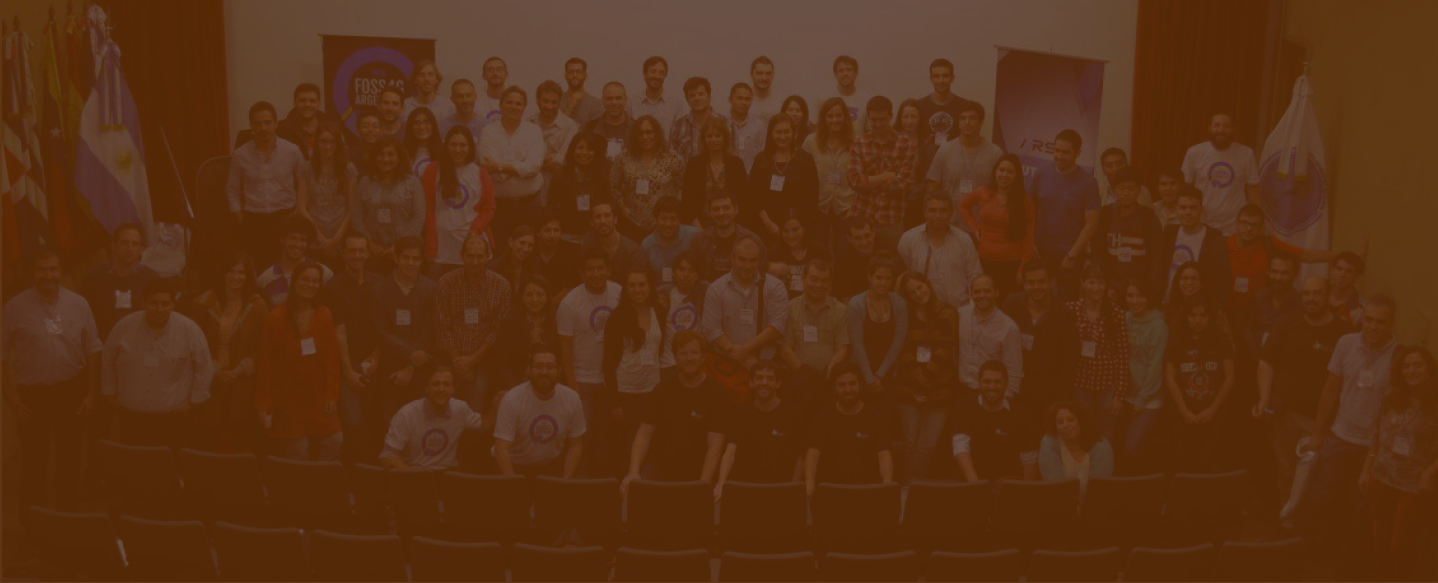Marco Minghini
Scientific Project Officer at the European Commission - JRC, member of the team coordinating the technical implementation of INSPIRE. Longstanding user of FOSS4G, OSGeo Charter Member, Secretary of FOSS4G Europe 2015, Editorial Board member of the journal Open Geospatial Data, Software and Standards, regular presenter at FOSS4G global and local conferences.
Sessions
In force since 2007, the INSPIRE Directive represents most probably the biggest geospatial data sharing/interoperability effort ever undertaken. It aims to create a pan-European Spatial Data Infrastructure (SDI) to support European Union (EU) environmental policies and the European Green Deal data space, setting requirements on the provision of metadata, harmonised datasets and services (to discover, view and download data). Technical requirements for INSPIRE implementation are based on open standards, mainly from ISO and the OGC. The Joint Research Centre of the European Commission is the INSPIRE technical coordinator and supports its implementation by developing and operating so-called INSPIRE central infrastructure components: the Geoportal, Reference Validator and Registry.
The INSPIRE Geoportal (https://inspire-geoportal.ec.europa.eu) is the central access point to the data made available by EU Member States under INSPIRE. It periodically harvests Member States discovery services and makes identified datasets findable, accessible and downloadable. The backend is based on Solr, while the frontend uses standard web libraries including Leaflet for managing map content; the basemap is the European Commission’s OpenStreetMap version, reflecting the EU position on disputed borders. A major work has just started to redesign the Geoportal backend using GeoNetwork.
The INSPIRE Reference Validator (https://inspire.ec.europa.eu/validator/about) is the tool used by Member States data providers to check the conformity of their resources (metadata, datasets and services) against the INSPIRE interoperability requirements. The software is an implementation of the ETF (https://etf-validator.net), an open source testing framework for SDI resources. Tests are organized into Executable Test Suites (ETS) using SoapUI, BaseX and the OGC TEAM Engine.
The INSPIRE Registry (https://inspire.ec.europa.eu/registry) is the tool managing reference codes for all the INSPIRE items, including reference documents, code lists and application schemas. It assigns identifiers to items and their labels, definitions and descriptions. There are currently 7000+ INSPIRE reference codes, available in 23 languages and served in 7 different formats (HTML, XML, ISO 19135 XML, RDF, JSON, ATOM, CSV). The INSPIRE Registry is an implementation of the open source Re3gistry software (https://github.com/ec-jrc/re3gistry), which will be included in the upcoming OSGeo Live v.14 and soon proposed as an OSGeo Community Project.
The presentation will demonstrate how these tools work, outline their potential reuse beyond INSPIRE and share lessons learnt for FOSS4G uptake by the public sector.

